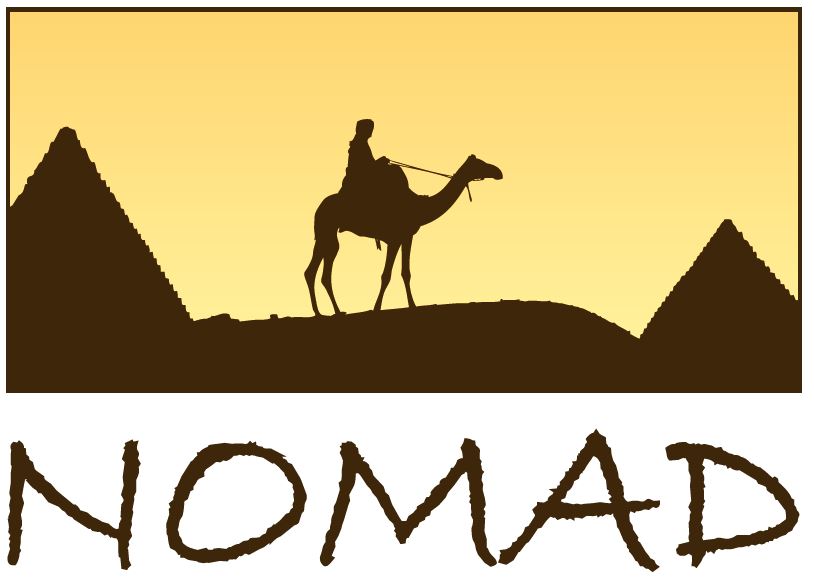NOMADS UAB, Lithuania Published Milestone Research Paper Describing its Clostridium Endolysin Product Candidates
NOMADS UAB, Lithuania, NOMAD Bioscience’s wholly owned subsidiary, announces the publication in the Nature Scientific Reports (Kazanavi iūtė et al. (2018) Sci. Reports 8, article number 10589; http://www.nature.com/articles/s41598-018-28838-4) a research paper describing broad and efficient control of major foodborne pathogenic strains of Clostridium perfringens by plant-produced antibacterial proteins phage endolysins.
The anaerobic spore-forming bacterium Clostridium perfringens is a source of one of the most common food-borne illnesses in Europe and the United States. The costs associated with this disease are high; therefore, effective and safe antimicrobials are needed to control food contamination by C. perfringens. NOMADS scientists demonstrate that viable solution to this problem could be bacteriophage lysins used as food additives or food processing aids, and such antimicrobials could be produced in green plants.
The described technology is the first report on plant expression of C. perfringens bacteriophage lysins. Authors demonstrate successful expression of six endolysins belonging to two different families. The plant-expressed lysins were active against a panel of C. perfringens food strains under salinity and acidity conditions mimicking the food environment. NOMADS scientists demonstrate that in simulation studies, plant-expressed lysins prevent multiplication of C. perfringens on cooked meat matrices and provide a far better control of the pathogens than nisin, the only currently available antimicrobial protein-based food preservative. Endolysins also hold promise as efficient alternatives to antibiotics. Research at Nomad Bioscience and its subsidiary UAB Nomads earlier described other antibacterial proteins, colicins (Schulz et al. (2015) PNAS 112, E5454) and salmocins (Schneider et al. (2018) Sci. Reports 8, article number 4078; http://www.nature.com/articles/s41598-018-22465-9) as potentially promising antibiotic alternatives for control of food infections. These and other antimicrobial proteins, pyocins, described by our scientists (Paškevičius at al. (2017) PLoS One 12(10), e0185782), Streptococcus pneumoniae bacteriophage lysin (Starkevi et al. (2015) J Biotechnol Apr 20;200:10-6) also hold promise in medicine as new non-antibiotic antimicrobials, especially for control of multidrug resistant bacteria.
About NOMADS UAB.
Nomads UAB is a biotechnology company developing new non-antibiotic antibacterials, including bacteriocins and endolysins, to be used as pharmaceuticals, food additives and medical devices.
About NOMAD Bioscience GmbH.
Nomad Bioscience GmbH, parent company of NOMADS, is a plant biotechnology company developing transient expression systems with application to a broad range of agricultural, food industry and pharmaceutical biotechnology products. Corporate offices are headquartered in Munich, Germany and the Company’s Research division is located in Halle, Germany. NOMAD Bioscience GmbH has two subsidiary companies: Nambawan Biotech GmbH (Halle, Germany) and Nomads UAB (Vilnius, Lithuania).





